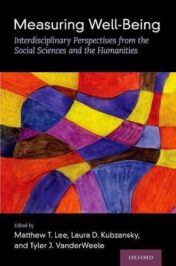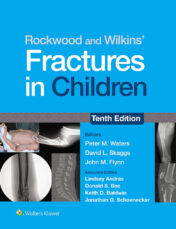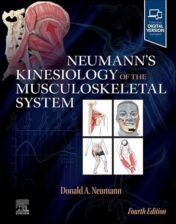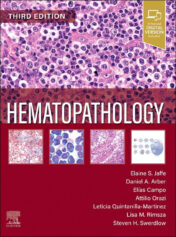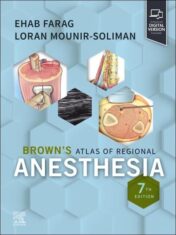This edited volume focuses on both conceptual and practical challenges in measuring well-being. Leveraging insights across diverse disciplines, including psychology, economics, sociology, statistics, public health, theology, and philosophy, contributors consider the philosophical and theological traditions on happiness, well-being and the good life, as well as recent empirical research on well-being and its measurement. The chapters review what is known empirically about how different measures of well-being relate to each other and considers various arguments for and against use of specific measures of well-being in different contexts. Further, the volume includes discussion of how a synthesis of existing research helps us make sense of the proliferation of different measures and concepts within the field, while also foregrounding the insights gained by investigations and conceptual thinking occurring across diverse disciplines.
- Provides leading-edge guidance on conceptualizing and measuring well-being from scholars who have led national and international projects
- Offers a model of hospitable dialogue across disciplinary boundaries, synthesizing insights from multiple disciplines
- Presents a consensus set of recommendations for measuring well-being, as well as dissenting viewpoints
- This is an open access title available under the terms of a CC BY-NC-ND 4.0 International license

